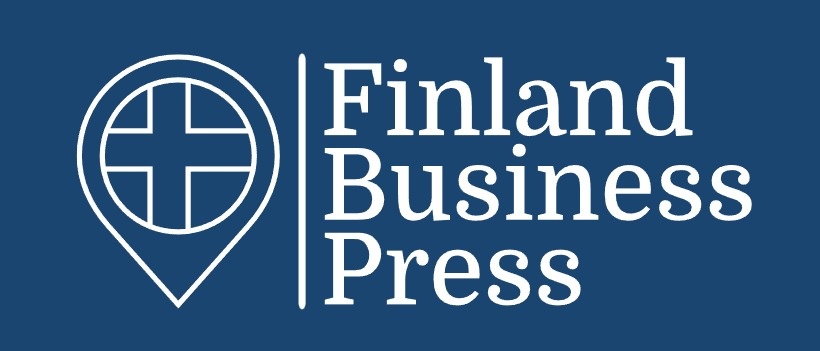Finnish companies are at the forefront of a medical revolution, driving advancements in diagnostics and therapies, from cancer to traumatic brain injuries. In October, a collaborative effort by Aalto University, HUS Comprehensive Cancer Center, Stanford University, and the University of Helsinki unveiled a groundbreaking artificial intelligence system. This system predicts which patients will benefit from immune system-activating therapies, addressing the challenge of varying patient responses, particularly in skin cancer cases.
Jani Huuhtanen, a doctoral researcher at Aalto University and the University of Helsinki, emphasized the lack of tools for predicting treatment efficacy in immune system activation. The AI system analyzes blood samples, enabling skin cancer diagnosis, prognosis determination, and more precise therapy targeting.

The research team hypothesized that ineffective therapy results from the immune cells of some patients not recognizing skin cancer as a threat. Their AI system, based on the analysis of samples from nearly 500 skin cancer patients and 1,000 healthy individuals, calculates the number of immune cells recognizing skin cancer. The findings indicate that patients with more cancer-sensing defensive cells are more likely to benefit from immune system-activating therapies.
Harri Lähdesmäki, Associate Professor of Computational Biology and Machine Learning at Aalto University, highlighted the adaptability of the AI model. Future studies will explore its ability to predict patient responses to therapies in development for various cancers, such as breast cancer, lung cancer, and blood cancers.

In the realm of cancer immunotherapies, Helsinki-based TILT Therapeutics marked a significant milestone by dosing the first American patient in its ovarian cancer trial with TILT-123, an oncolytic adenovirus armed with cytokines. The trial, conducted in collaboration with KEYTRUDA, seeks to address the urgent need for improved therapies in ovarian cancer.
Meanwhile, Medicortex Finland, headquartered in Turku, secured its second consecutive research grant from the US Department of Defense (DoD). The 18-month project, with a roughly two million euro grant, aims to develop a rapid biomechanical test for detecting biomarkers for concussion and mild traumatic brain injury in non-invasive body fluid samples.

The Finnish biotechnology company focuses on biomarker-based diagnostics for traumatic brain injuries from saliva and urine. Adrian Harel, CEO of Medicortex, highlighted the company’s success in translating ideas into clinical stages, emphasizing the challenge of diagnosing traumatic brain injuries globally.
Finnish innovation extends beyond medical treatments to healthcare solutions. Gubbe, for instance, introduced a subscription-based elderly care service in the UK, offering home visits from young local individuals to assist with daily tasks. This disruptive approach not only supports the elderly but also creates job opportunities for the younger generation.
The surge in health-focused funds, such as Courage Ventures launching a new early-stage fund for digital health startups in the Baltics and Nordics, reflects the growing demand and commercial potential of healthcare innovations. This momentum marks a significant shift in the Finnish healthcare landscape, emphasizing a commitment to transformative ideas and advancement.

